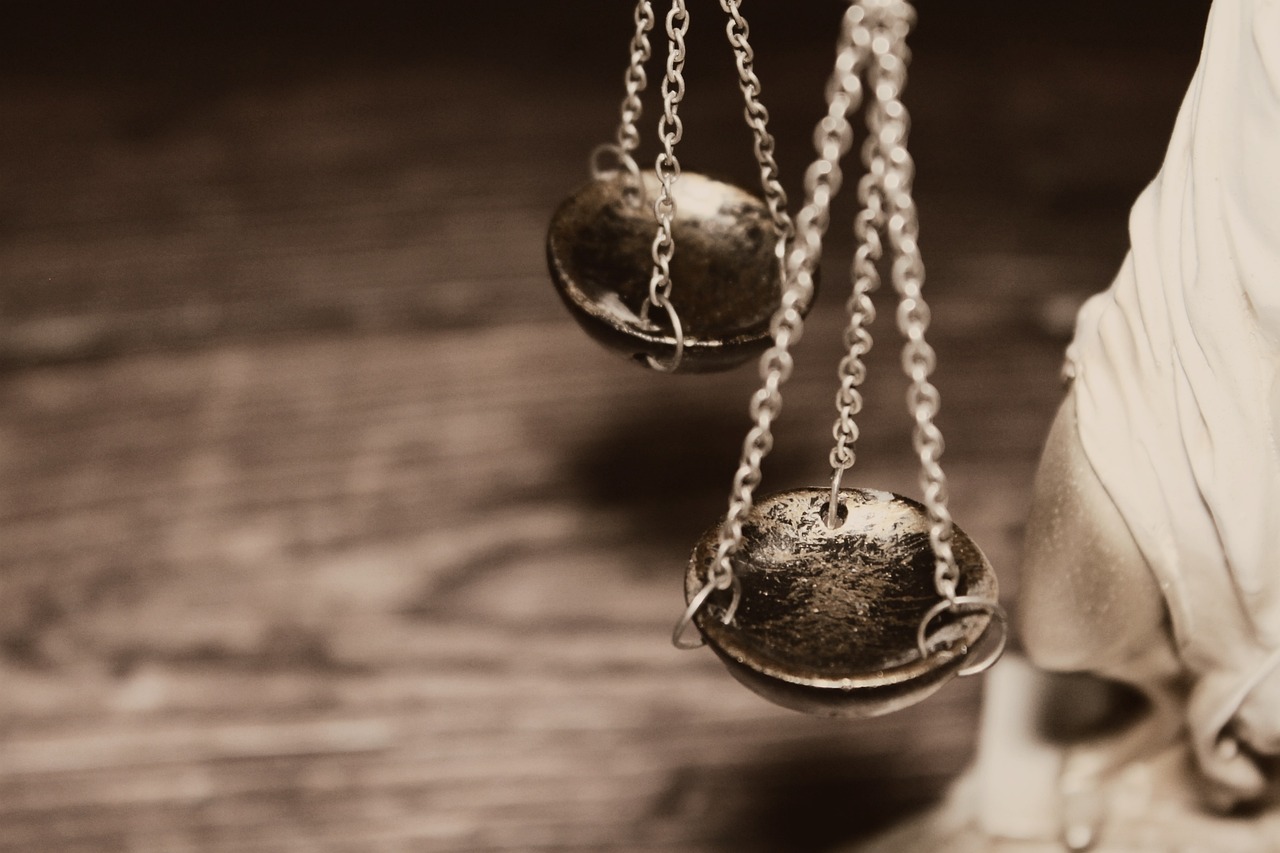Have you ever wondered if the person in charge of carrying out a deceased loved one’s final wishes can also benefit from their estate? In the complex world of wills and estates, the role of an executor is crucial, but can they also be a beneficiary? Let’s delve into the intriguing question of whether an executor of a will can also inherit and explore the legal considerations behind this matter.
Understanding the Responsibilities of an Executor
An executor of a will, also known as a personal representative, is responsible for managing the deceased individual’s estate and ensuring that their assets are distributed according to their wishes as outlined in the will. This role comes with a variety of duties and responsibilities that must be carried out diligently and ethically.
Despite the important role they play in the estate administration process, an executor is not typically entitled to inherit any assets from the estate unless specified in the will. **The primary responsibilities of an executor include**:
- Locating and managing the deceased person’s assets
- Paying off any debts and taxes owed by the estate
- Distributing the remaining assets to the beneficiaries as outlined in the will
- Handling any legal proceedings or disputes that may arise

Potential Conflicts of Interest
It is not uncommon for an executor of a will to also be named as a beneficiary in the same will. While this is generally allowed, it can raise that should be carefully managed. One of the main concerns is ensuring that the executor carries out their duties impartially and in accordance with the wishes outlined in the will. This can be challenging if the executor stands to benefit personally from certain decisions or actions.
One way to address this conflict is to clearly outline any in the will itself. By transparently acknowledging these conflicts, all parties involved can be aware of the situation and take steps to mitigate any issues that may arise. Additionally, seeking legal advice or appointing a co-executor who is not a beneficiary can help ensure that the executor acts in the best interests of the estate and all beneficiaries involved.

Legal Implications and Recommendations
When it comes to the role of an executor of a will, there are specific legal implications that must be considered. One common question that arises is whether an executor can also inherit from the estate they are managing. In general, the answer is yes, an executor can inherit from the will they are administering. However, there are important factors to keep in mind to ensure transparency and avoid any potential conflicts of interest.
It is crucial for the executor to act ethically and in accordance with the law when it comes to their inheritance. Here are some key recommendations to follow:
- Disclose any potential conflicts of interest: It is essential for the executor to be transparent about any personal relationships with beneficiaries or potential beneficiaries.
- Seek legal advice: Consulting with a lawyer can help the executor navigate the legal complexities of their role and ensure they are following all necessary protocols.
- Document all decisions and actions: Keeping detailed records of all transactions and communications related to the estate can help prevent any misunderstandings or disputes.

Navigating the Complexities of Executorship and Inheritance
When it comes to executorship and inheritance, there are often questions and concerns about the roles and responsibilities of those involved. One common question that arises is whether an executor of a will can also inherit from the estate. The answer to this question is not a simple yes or no, as it depends on a variety of factors.
First and foremost, it is important to note that being named as an executor does not automatically disqualify someone from also being a beneficiary of the will. However, there are certain considerations to keep in mind:
- Conflict of interest: If there are other beneficiaries who may feel that the executor is not acting in their best interests, this could lead to disputes and legal challenges.
- Transparency: It is crucial for the executor to be transparent and keep detailed records of all decisions and actions taken during the probate process.
In conclusion, the role of an executor is a crucial one in the execution of a will, ensuring that the deceased’s final wishes are carried out. While it is possible for an executor to also inherit from the estate, they must always act in the best interests of the beneficiaries and follow the terms of the will. It is important for executors to approach their duties with integrity and impartiality, maintaining a balance between their responsibilities and any potential personal interests. Ultimately, the role of an executor comes with great responsibility, requiring careful navigation of legal and ethical considerations.




